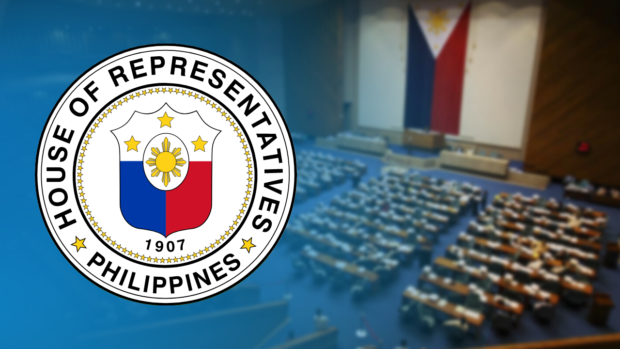
House of Representatives. INQUIRER FILE PHOTO
During the hearing of the House Special Committee on nuclear energy, House Bill (HB) No. 8623, or the proposed Philippine Nuclear Liability Act, was approved, subject to discussions on the plenary.
A technical working group was also formed to reconcile differences between the original bill, authored by committee chairman and Pangasinan 2nd District Rep. Mark Cojuango, and the changes that would be made on the floor.
If enacted, the base version of the bill places that operators of nuclear installations would be liable for nuclear damage if there is proof that the incident was caused:
- in such nuclear installation or involving nuclear material coming from or originating in such nuclear installation
- involving nuclear material sent to such nuclear installation
It also specifies what conditions would require a joint liability — or when there is more than one operator handling the installation that caused the damage.
“Where nuclear damage engages the liability of more than one operator, the operators involved shall, in so far as the damage attributable to each operator is not reasonably separable, be jointly and severally liable. The amount of public funds made available per incident shall be limited to the difference, if any, between the amounts hereby established and the amount established pursuant to Section 16,” the bill said.
“Where a nuclear incident occurs in the course of carriage of nuclear material, either in one and the same means of transport, or, in the case of storage incidental to the carriage, in one and the same nuclear installation, and causes nuclear damage which engages the liability of more than one operator, the total liability shall not exceed the highest amount applicable with respect to any one of them pursuant to Section 16,” it added.
Section 16 of the bill states that the operator’s liability for one nuclear incident will be limited to the Philippine peso equivalent of the 300 million Special Drawing Rights (SDR) — an international reserve asset based on the US dollar, euro, Chinese renminbi, Japanese yen, and British pound.
The committee’s approval of the bill comes months after the International Atomic Energy Agency (IAEA) suggested that the Philippines, should it intend to add nuclear energy in the country’s power mix, craft a law that would protect the people and the environment.
In a statement last May, the House of Representatives said IAEA informed lawmakers who hosted a forum on nuclear energy and international legal instruments that the law should contain the following provisions:
- regulatory control
- safe and secure uses
- offenses and penalties
- international cooperation
- peaceful uses
- compensation and liability
The IAEA said this after the House panel invited the Vienna-based organization to help Filipino lawmakers trying to come up with the necessary legal framework and policies for nuclear energy use.